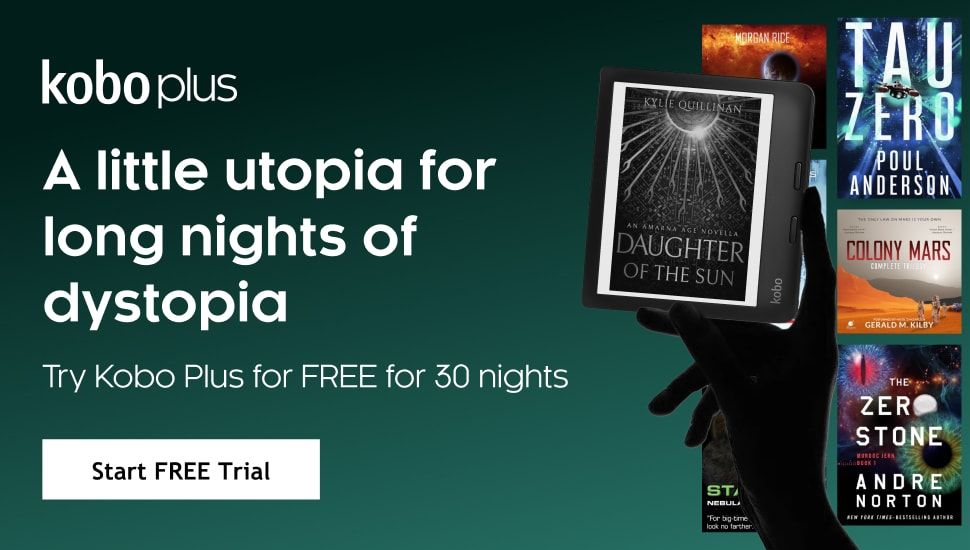
The Beginner’s Guide to Reading Webcomics
So, you want to get into webcomics, but have no idea where to start? No problem! Here’s five tips to welcome you to their wondrous world.
Don’t let the starting art/writing turn you off
Webcomics are, by and large, an amateur medium, and most webcomic creators start out with far less experience than in the print industry. Furthermore, webcomic creators are unpaid, making webcomics almost exclusively passion projects that creators work on out of their own pocket on their own time. But whether they’re art students looking for practice, or a creator with some great ideas who has no drawing experience whatsoever, it’s essential not to be turned off by the webcomic’s initial art. Jumping back to the first strip of a comic, especially a long-running one, can be extremely jarring at times. Styles change, illustrators hone their skills, creators gain more time or focus and add color. It is always worth putting up with this early installment weirdness for what lies beyond.
Try a couple different kinds of webcomics
As with any medium, there are many, many kinds of webcomics, from iconic gag-a-day posts to surrealistic GIF-laden epics to beautifully illustrated indie passion projects. If you’ve tried to get into webcomics before before and been turned off because, say, xkcd or Questionable Content or Homestuck just wasn’t your thing, don’t worry. There are webcomics of all shapes, sizes, and genres. For me, art’s a huge selling point, so I tend to gravitate towards projects that look more visually polished. For others, genre may be more important, or characters, or simply how easy-to-navigate the comic’s website is. Find a fit that works for you.
Take note of the update schedule and backlog
Everyone reads a little differently. Fortunately, with webcomics, there’s a huge variety in backlog and update schedules, so when you’re first getting into the habit of reading them, you can pick and choose a formula that works for you. Want to binge read ten years’ worth of strips over a long weekend and then jump right in with a frequent, regular schedule? Pick a comic with a high strip count and a M-F or M/W/F update schedule. Just want something you can check in on once in a while and get a good chuckle? Check out a gag-a-day strip in the genre of your choice, or one with really gorgeous art that updates only once a month or so. Don’t care how often it updates, as long as it’s got good art and a good story? Don’t worry, there’s plenty of sporadically-updating webcomics with epic plots that have been unfolding for years.
Find a reading format that works for you
Not all webcomic sites are easy to navigate. Happily, more and more webcomics are becoming available in multiple formats through various hubs, meaning that if you simply can’t stand reading things on Tumblr, you can probably find the same comic hosted on a hub like Tapastic as well. And though it sounds counter-intuitive, you don’t even necessarily have to be on the web to read a webcomic. Many mainstream webcomics (and, thanks to sites like Kickstarter and Patreon, an increasing number of indie comics) are available in collected print volumes. Some of the more mainstream ones can be found in bookstores or libraries, though for lesser-known webcomics you may have to look for obscure indie presses or keep an eye out for limited-time Kickstarters.
Know where to find them
There’s a number of places you can find new webcomics to read. A great place to start is comic hubs like Hiveworks or Tapastic, which feature lots of current, quality webcomics in a single place. Even better, sites like this often let you filter by genre categories such as fantasy, slice-of-life, or romance to help you find just the kind of comic you’re in the mood for. Webcomic creators themselves are also a great source. For comics with a dedicated website, especially long-running established comics, you can often find a links page or sidebar listing other webcomics that the creator enjoys. And even if a comic hasn’t been running long, checking the creator’s social media (especially Twitter) is often a gold mine for fantastic, undiscovered indie webcomics that desperately need love. Indie comic creators are often each other’s staunchest supporters, so check out who they’re signal boosting and you’re sure to find some great stuff.
Happy reading!













